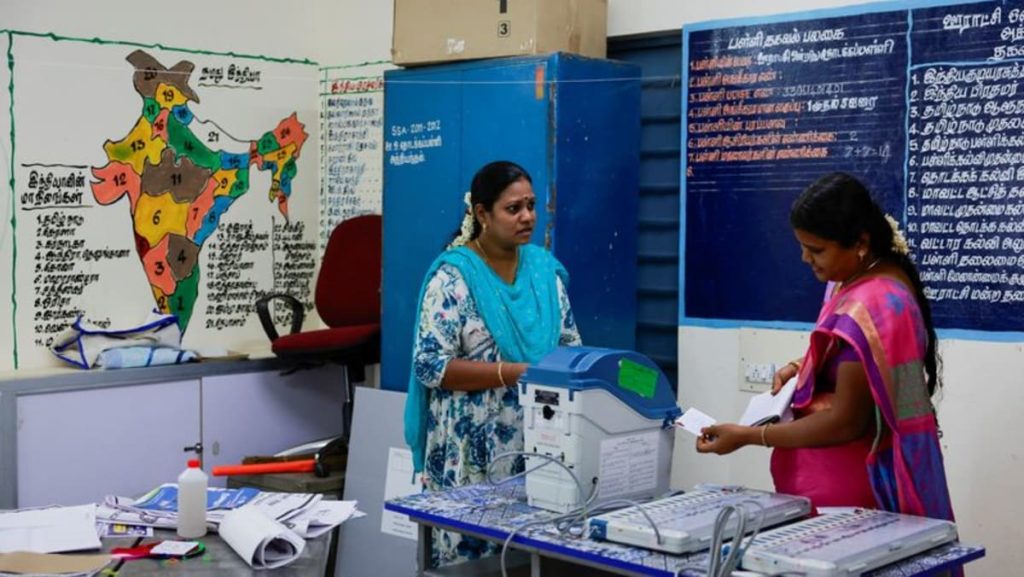nationalism, and national security.
The election, which is being held in seven phases over six weeks, will see approximately 900 million people casting their votes to elect representatives for the 545-seat lower house of Parliament. This election is significant not only for the sheer size of the electorate but also because it will determine the direction of the world’s largest democracy for the next five years.
Prime Minister Narendra Modi, who came to power in 2014 on a platform of economic development and anti-corruption, is seeking re-election after a successful first term. His party, the Bharatiya Janata Party (BJP), is campaigning on a platform of national security, economic growth, and Hindu nationalism. Modi’s main challenger is Rahul Gandhi, the leader of the opposition Congress party, who is campaigning on a platform of welfare and social justice.
One of the key issues in this election is the state of the Indian economy. Despite significant progress in economic growth and development in recent years, many Indians still face poverty, unemployment, and lack of access to basic services. Both Modi and Gandhi have promised to improve the economy through various measures, including job creation, infrastructure development, and social welfare programs.
Another important issue in this election is national security, particularly in light of recent tensions with neighboring Pakistan. Modi and the BJP have positioned themselves as strong on national security, highlighting their tough stance on terrorism and their efforts to strengthen India’s military capabilities. Gandhi and the Congress party have also emphasized the importance of national security but have criticized Modi for his handling of the situation with Pakistan.
Overall, this election is being closely watched not only in India but also around the world. The outcome will not only determine the future of India’s economy, society, and security but will also have implications for regional and global politics. As voters head to the polls over the next six weeks, they will have the opportunity to shape the direction of their country for the next five years.















